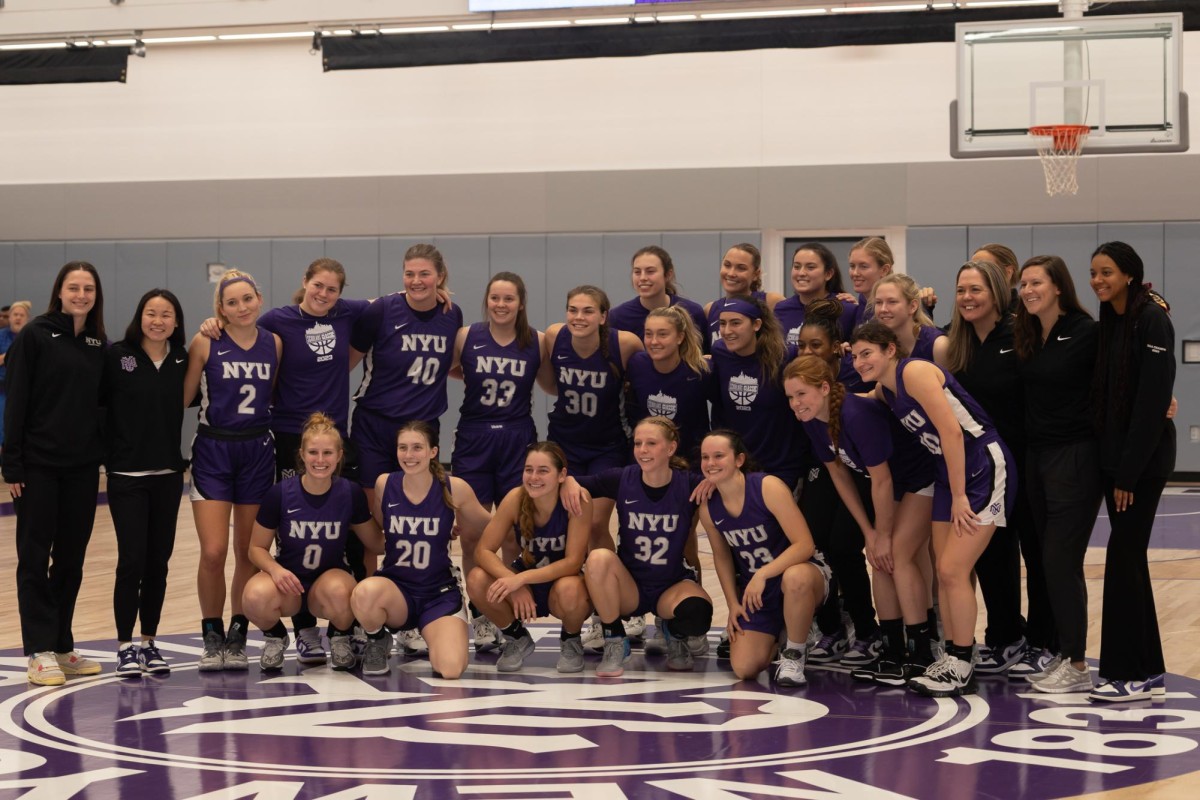Out at NYU, in at Home
Being born and raised on the East Coast of the United States, one of the most progressive parts of the world, you would think, of course I’m out to my parents, why wouldn’t I be? We’re not exactly in the hotbed of anti-LGBTQ violence.
Microaggressions, however, can be an act of violence, and it’s one many members of the LGBTQ community experience. It’s more than just a casual use of a slur — it’s things such as overhearing someone say “I don’t mind gay people, I just don’t want to see them kissing in public” or your mom being convinced that you’re just going through a phase, that you’ll eventually get over it and settle down with an appropriately gendered significant other and have grandkids that she can spoil. And yes, you can try to educate those around you but quite frankly, that’s exhausting even on a good day.
I couldn’t tell my siblings or any of my friends from high school that I was bisexual for fear they would slip up and tell my parents. I wanted to be out and proud, but also didn’t want to be the subject of ridicule at the dinner table, or to be the justification for my parents’ off-color jokes.
Being out at NYU has been a breath of fresh air. I’ve finally been able to be myself here, to go sit in the LGBTQ Center just because I want to with no need to make up a story about a friend of a friend needing to borrow my notes. I can make “swings both ways” jokes whenever they apply, and worry about nothing more than my friends complaining about how not funny I am. I can casually mention the beautiful girl I saw in Starbucks the other day. There’s no addition to that last one, just being able to mention it is liberating in and of itself.
But there’s a flipside to this freedom — eventually, I have to go home. I have to carefully hide my bisexual flag pin at the bottom of my bag, pretend that every stereotype my parents drag out about gay people doesn’t hurt. I have to bite my tongue anytime something related to being LGBTQ comes up for fear I will come off as a little too invested and arouse suspicion. I couldn’t even tell my parents I was writing this article, or what the theme for this week’s issue was. There is a limit to how involved in the LGBTQ community a closeted kid can be, a tightrope walk that many of us struggle to balance on.
This duality can be draining. I have many friends who don’t know I’m bisexual, just because I am so used to hiding it. My pulse raced when I came out to my suitemates, unsure of their reactions. To my out friends, I feel as if I am making something out of nothing. After all, I doubt coming out to my parents would result in physical violence, and anything less than that feels like a privilege. I am grateful that things aren’t worse.
There’s nothing to combat being half-in, half-out of the closet, so I have learned to take it one day at a time. Maybe someday things will change, and I will be able to fully come out. But if not, or until then, I will just allow myself my moments of being unabashedly not-straight. It’s the small victories that count.
The author of this piece used a pseudonym to protect his or her identity.
A version of this article appeared in the Monday Sept. 26 print edition.











































































































































John • Sep 29, 2016 at 12:22 am
Amazing article, and a much needed explanation about how a lot of people feel.